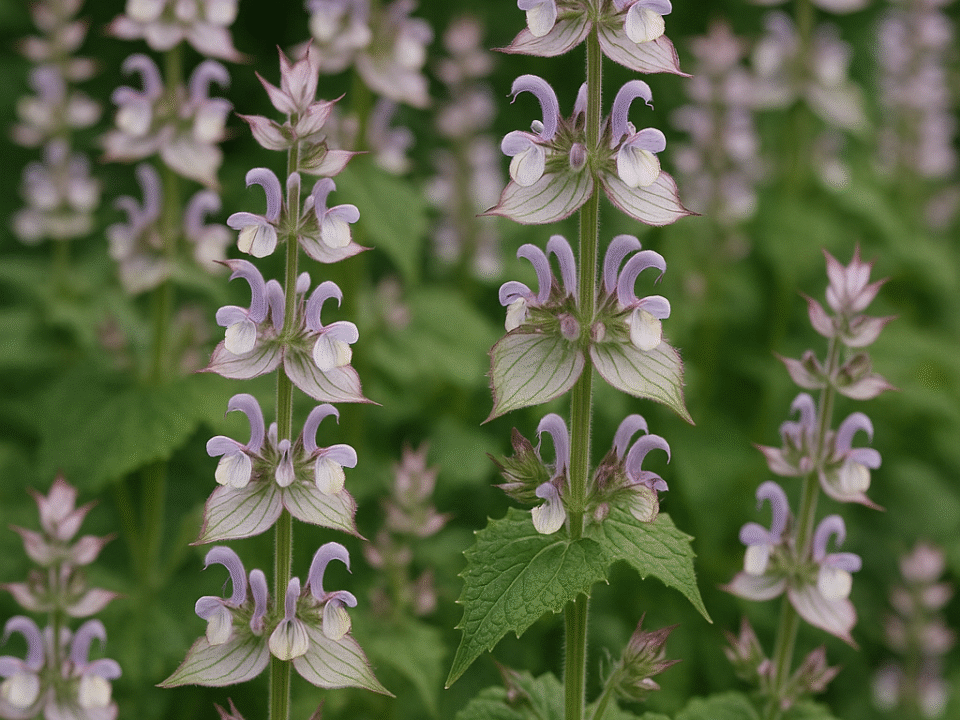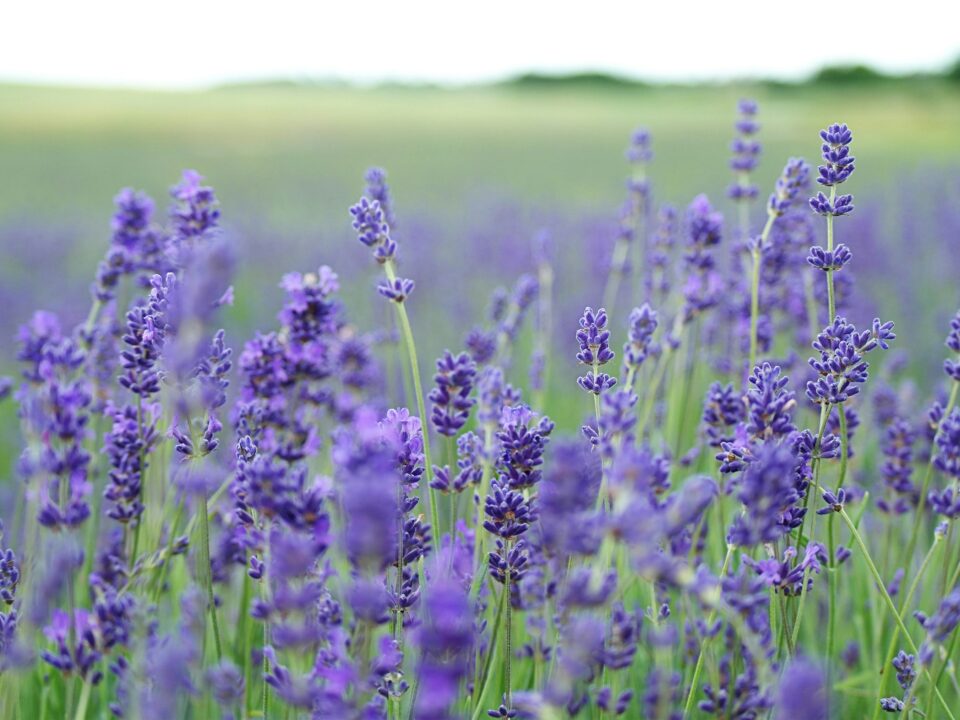
Lemon balm, scientifically named Melissa officinalis, belongs to the mint family and is a perennial herb. Originally from south-central Europe, the Mediterranean Basin, Iran, and Central Asia, it has now spread to other regions. The leaves of lemon balm serve various purposes: they are used in culinary arts as a herb and in teas, and they also add flavor to different dishes. Besides culinary uses, the plant is instrumental in beekeeping for honey production and is also valued for its aesthetic appeal as an ornamental plant. Its oil, extracted for use in perfumery, has been a prominent feature of lemon balm since at least the 16th century.
A significant application of lemon balm is in the formulation of Carmelite water, a product available in German pharmacies. This alcoholic extract, blending lemon balm with other herbs, was first created in the 14th century by Carmelite nuns from the Abbey of St Just. Initially known as Eau de Carmes, it now functions as both a herbal tonic and a refreshing toilet water.
Lemon balm is renowned for its versatile uses, including its essential oil, which is popular in perfumery and toiletry products for its calming fragrance. It also exhibits antifungal and antimicrobial properties, making it beneficial for skin and hair care, particularly in treating acne-prone skin. Its anti-inflammatory qualities help soothe irritated skin, and it finds extensive use in various skincare and haircare products like lotions, gels, and creams.
Rich in antioxidants, lemon balm combats oxidative stress effectively. Its constituents such as flavonoids, rosmarinic acid, gallic acid, and other phenolic compounds help maintain skin health and balance. This makes lemon balm an excellent candidate for inclusion in SPF products, thanks to its protective qualities against environmental stressors, easy cultivation, and minimal environmental footprint.
While lemon balm is generally safe and well-tolerated by most people for daily use, those with allergies to the ingredient should avoid it. Additionally, its antioxidant properties, particularly the fragrant components, might pose a risk of skin irritation in some individuals.



